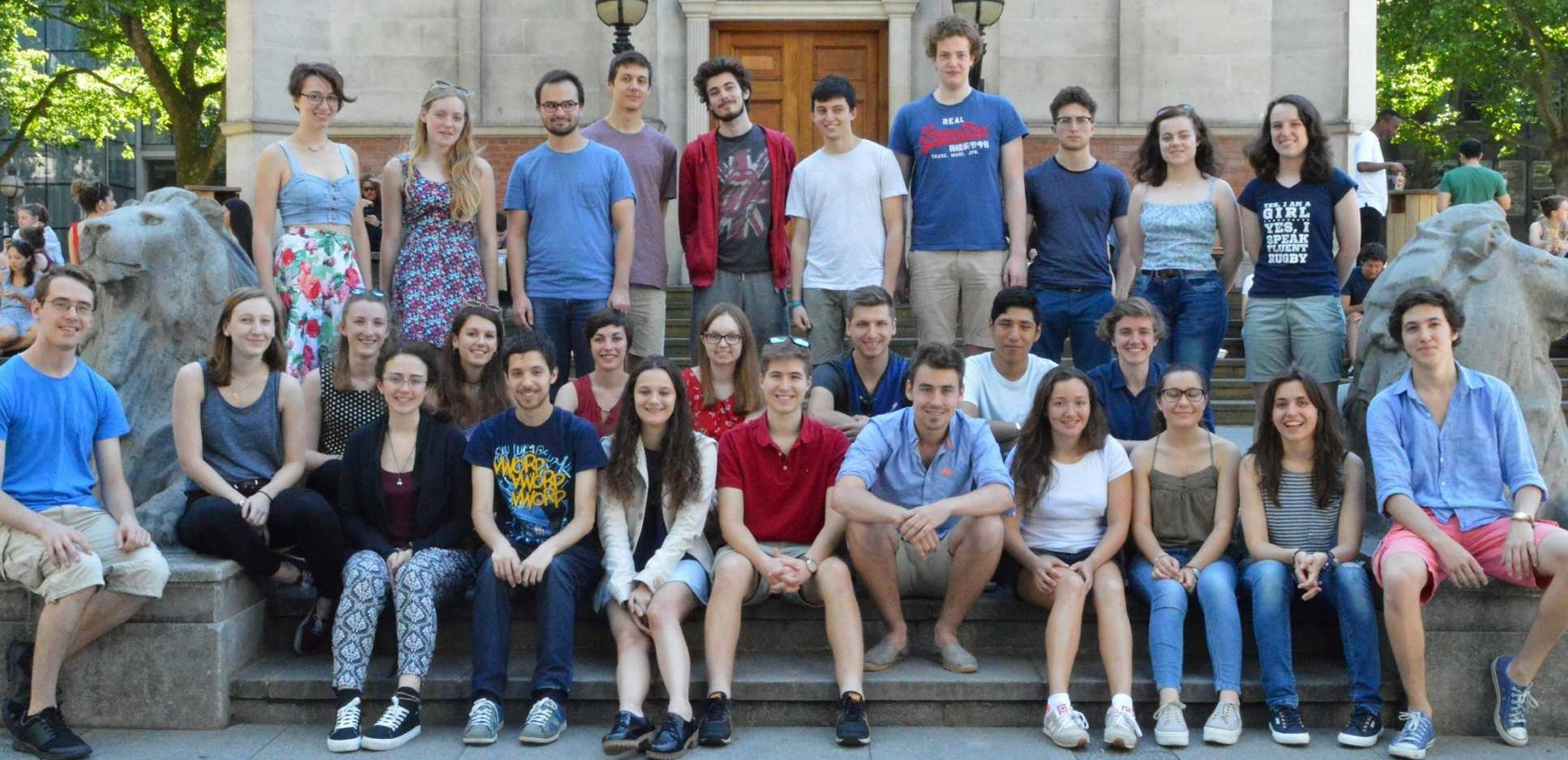
Contacts
The Administrative Coordinator for Physics Exchange role is currently being performed by:
Marlon Curniffe
(Student Admin Office, Room 315, Level 3)
ph.exchanges@imperial.ac.uk
+44(0)20 7594 7511
Adrian Hawksworth
Assistant Registrar (Placements) and Institutional Erasmus Coordinator
a.hawksworth@imperial.ac.uk
+44(0)20 7594 8044
Marina Galand
Academic Exchange Coordinator for Physics
(Huxley 7th Floor)
m.galand@imperial.ac.uk
+44 (0)20 7594 1771
Lorenzo Matteini
Deputy Academic Exchange Coordinator for Physics
(Huxley 6M56)
l.matteini@imperial.ac.uk
Welcome to the Year Abroad degree programme in the Department of Physics! Our Department has a proud history of strong ties with universities and institutions throughout the world.
Our students on the MSci in Physics with a Year Abroad (F309) degree programme will spend their entire third year of study abroad at one of the partner institutions, following lectures and carrying out a research project.
For those studying at partners in Europe, you will study a relevant language during your first and second year at Imperial College. Students who are interested in studying further afield, have the opportunity to study at MIT in the United States of America.
Spending a year abroad gives students the opportunity of perfecting their use of the relevant foreign language (German, French, Italian or Spanish), of immersing themselves in the local culture and thereby of gaining an alternative perspective on life and work.
The extensive 6-month research project in particular has proven to be very rewarding, being a unique way of dipping into the world of academic research, often representing the start of a later research career.
The vast majority of our students returning for their final (fourth) year to Imperial College have not only enjoyed their stay abroad but bring with them rich memories and experiences which give them life changing opportunities and an advantage in their later professional lives.
You can find a list of our partner universities below. For further questions please don’t hesitate to contact us.
Marina Galand
Academic Coordinator for Physics Exchange
"My advice for anyone thinking about choosing whether to take Year in Europe is simple - Take it! Though I'm only one year into the course, I'm really glad I chose the Year in Europe option." - Jamie, 1st Year F309 MSci with a Year in Europe Student.
Partner Universities
University of Paris-Saclay
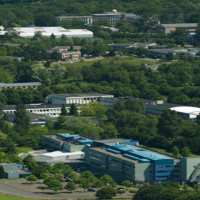
Ranked top Physics University in France based on 2024 international ranking and 9th worldwide in physics
Located in Orsay (28 km SW of downtown Paris)
Good transport links (RER B)
Courses from the "Magistère de Physique Fondamentale" Projects in solid state, nuclear, particle, atomic and molecular, astrophysics
Grenoble INP - Phelma, UGA
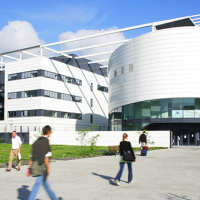 “Grande Ecole”
“Grande Ecole”
In French Alps (close to Italy /Switzerland)
Main project areas material science, nuclear physics, particle physics, nanophysics, biophysics
Associated international research centres
École Polytechnique Fédérale de Lausanne (EPFL
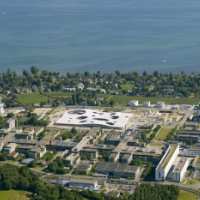 One of two Swiss Federal Institutes of Technology (the other being ETH Zürich)
One of two Swiss Federal Institutes of Technology (the other being ETH Zürich)
Among the world's most prestigious universities in technology
On outskirts of Lausanne, at Lake Geneva
Project areas are more applied: solid state, semiconductor, plasma, optics & also astro or particle
Close links to CERN, the world’s largest particle physics laboratory
Ruprecht-Karls Universität Heidelberg
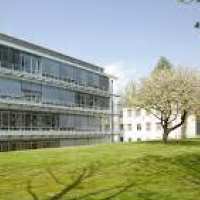 On the River Neckar near Rhine
On the River Neckar near Rhine
Oldest university in Germany (1386)
German Excellence University
Six institutes: Physics, Particle Physics, Theoretical Physics, Applied Physics, Environmental Physics, Theoretical Astrophysics
Many interdisciplinary links with other nearby institutes, incl. Max Planck Institutes
Università degli Studi di Padova “Il Bo”
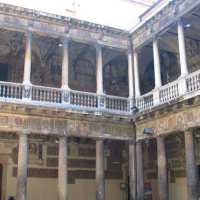 Second oldest university in Italy (1222)
Second oldest university in Italy (1222)
Leading university of Italy
Alumni include Copernicus and Galilei
Research includes solid state, nuclear, particle, astronomy and astrophysics.
Associated with the accelerator and nuclear lab of INFN (Italian Institute for Nuclear Physics), close links to Paduan Astronomical Observatory of the Italian Institute for Astrophysics (INAF)
Universidad Autonoma de Madrid
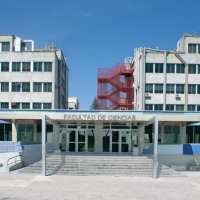 Ranked first in rankings of Spanish Universities
Ranked first in rankings of Spanish Universities
Cantoblanco Campus is located 15 km north of Madrid
Large and active department
Courses perceived by Imperial students as tough (due to length)
Project areas in experimental and theoretical topics inc condensed matter, applied physics, material sciences
Universitat de Valencia
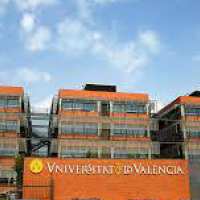 One of oldest universities in Spain (1499)
One of oldest universities in Spain (1499)
A large and active department located on Burjassot Campus 8 km NW of downtown
Project areas in experimental and theoretical topics which include particle physics, atmospheric physics, optics and solid state
Universidad de La Laguna (Tenerife)
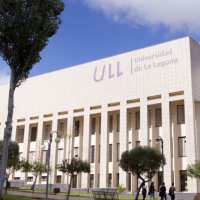 Oldest university on Canaries (1701)
Oldest university on Canaries (1701)
Physics located on Campus de Anchieta
Major astronomical observation site
Specialises in applied physics and astrophysics
Advanced lectures in astrophysics
Massachusetts Institute of Technology
 Located in Cambridge, Massachusetts, close to Boston
Located in Cambridge, Massachusetts, close to Boston
Often ranked among the world's top universities
Research areas include; atomic, biophysics, condensed matter and plasma physics and theoretical nuclear and particle physics
University of Utrecht
Established 26 March 1636, it is one of the oldest universities in the Netherlands.